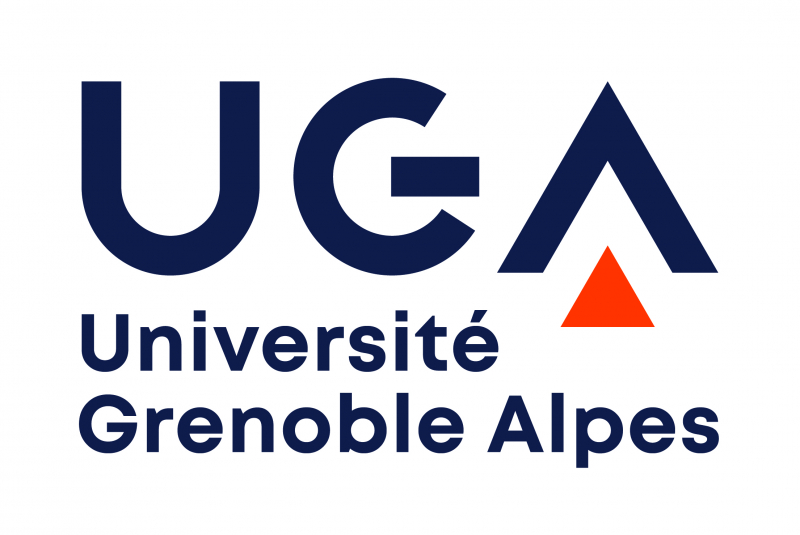Incremental Algorithms for Orbital-Free Density Functional Theory
About the NANO-D research group at INRIA
The NANO-D group, led by Stephane Redon at INRIA, develops novel multiscale, adaptive modeling and simulation methods, which automatically focus computational resources on the most relevant parts of the nanosystems under study. All algorithms developed by the group are gathered into SAMSON, an open-architecture software platform designed by NANO-D (SAMSON: Software for Adaptive Modeling and Simulation Of Nanosystems).
During the twentieth century, the development of macroscopic engineering has been largely stimulated by progress in numerical design and prototyping: cars, planes, boats, and many other manufactured objects are nowadays designed and tested on computers. Digital prototypes have progressively replaced actual ones, and effective computer-aided engineering tools have helped cut costs and reduce production cycles of these macroscopic systems.
The twenty-first century is most likely to see a similar development at the atomic scale. Indeed, the recent years have seen tremendous progress in nanotechnology - in particular in the ability to control matter at the atomic scale. Similar to what has happened with macroscopic engineering, powerful and generic computational tools will be employed to engineer complex nanosystems, through modeling and simulation.
The NANO-D group is funded through ANR grants, an ARC grant, and an ERC Starting Grant (http://nano-d.inrialpes.fr).
Orbital-Free Density Functional Theory
Modeling and simulating molecular systems at the quantum level is often based on approximations of the Schrödinger equation, whose solution is the wave function describing the state of the molecular system. Among such approximations, a set of effective ones are based on the Density Functional Theory (DFT), which states that the electronic structure of a molecular system can be determined based on the electronic density only. In particular, the theory shows how all terms involved in the total energy of the system (e.g. the kinetic energy) may be expressed as a function of the electronic density.
DFT methods may themselves be split into two categories, called orbital-based or orbital-free methods, depending on whether they use a set of orbitals to solve the problem. Orbital-based DFT methods intrinsically have a cubic computational complexity, although linear-scaling methods have been developed. Orbital-free DFT methods, despite being still less precise than orbital-based methods, are essentially linear methods and have a number of computational advantages compared to orbital-based methods, in particular because the number of degrees of freedom is reduced.
Research internship details
The goal of the intern will be to develop an incremental algorithm to solve an orbital-free DFT problem, i.e. an algorithm able to reuse the computations performed at the previous time step (for the previous configuration of the molecular system) to speed up the computation of the electronic structure at the new time step (for the current configuration of the molecular system). The first stage of the internship will be dedicated to an analysis of existing state-of-the-art orbital-free DFT methods. In the second stage, the intern will propose and implement a novel algorithm for incremental orbital-free DFT, which will be validated in the third stage. If successful, this internship may lead to a PhD position in the group.
Desired profile
We are looking for creative, passionate and hard-working individuals with exceptional talent for computer science and mathematics. The successful applicant will be in the process of obtaining a Master’s degree in computer science/mathematics, or an equivalent level. Excellent oral, written and interpersonal communication skills are essential (the working language will be English – knowledge of French is a plus).
Requirements
- Strong computer science and mathematics background (Master’s degree in computer science or mathematics)
- Strong oral, written and interpersonal communication skills (working language: English – knowing French is a plus)
- Good knowledge of C++
- Ability to work independently and with a team


 Sign in
Sign in














